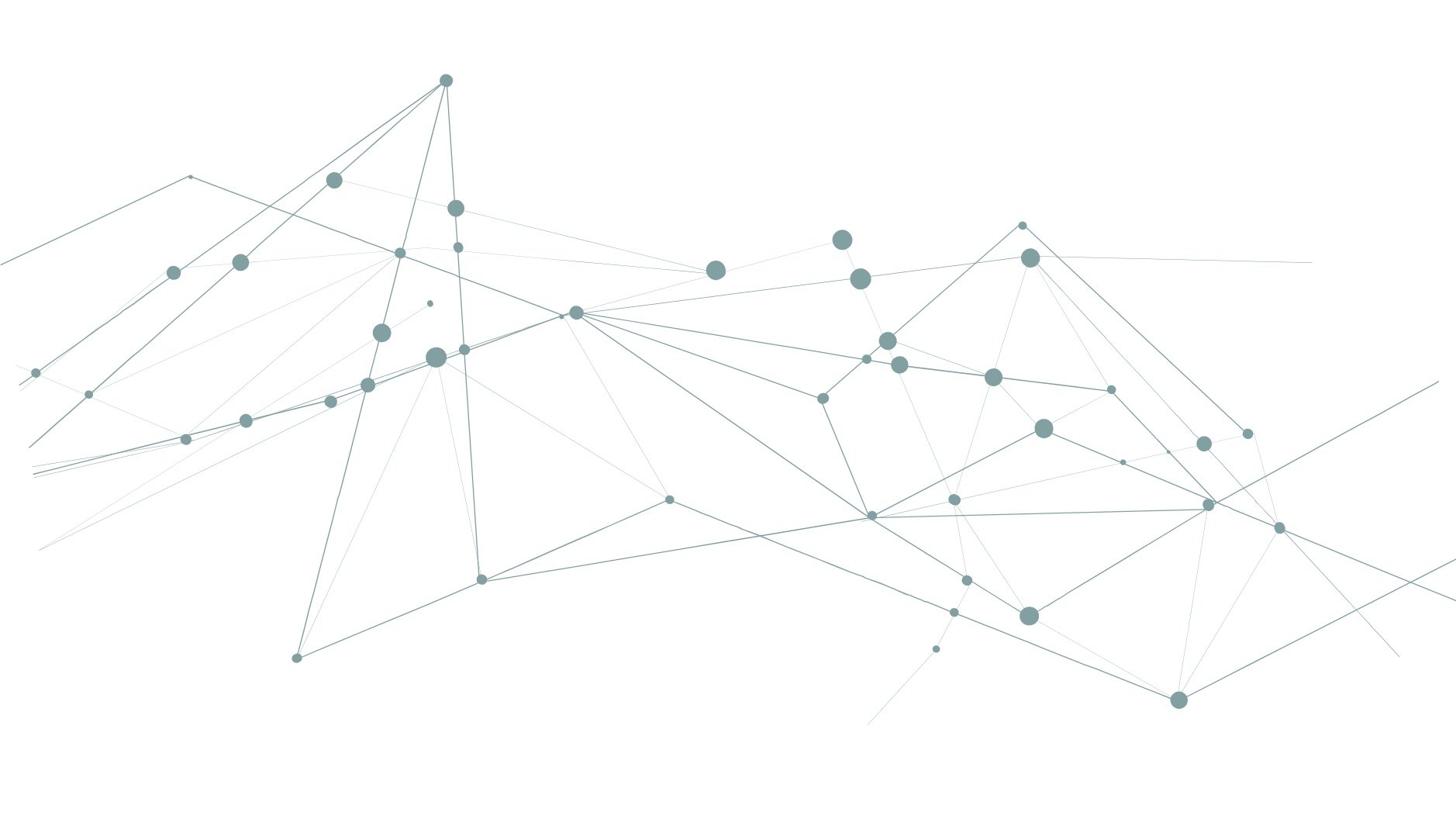WHO CAN USE THIS WORKBOOK?
Anyone can use these tools individually to think about our own attitudes, beliefs, and behaviors and to identify how we are remaining accountable to anti-violence values. Additionally, this resource can be facilitated in group settings, classes, etc. and we have included facilitation strategies throughout to support implementation of each activity and workbook section with others.
Finding Your Role Workbook
HOW CAN THIS WORKBOOK HELP YOU?
The Men’s Engagement Committee (MEC) of the Oregon Sexual Assault Task Force created this workbook, which includes a series of tools, activities, and suggested facilitation strategies, to help people explore how we each can contribute to ending violence and abuse.
Download the workbook

What is included in the workbook:
Exploring Accountability: In this resource, we walk through a 20 Questions activity that helps us explore accountability as a concept, our own relationship with accountability, and how this impacts violence and abuse in our communities
Masculinity + Violence Discussion Tool: This resource helps people in Oregon’s communities more constructively discuss masculinity and violence, gender inequity, and privilege and oppression (including sexism and misogyny), and how they impact all of us.
Sexual Violence & Economics: This resource helps us explore the overlaps between sexual violence and economics, our economy, and class to better understand the individual and collective impacts of sexual violence.
Emotional Intelligence and Positive Vulnerability: In this section of the workbook, people are invited to join us in our own struggles with being vulnerable by examining positive vulnerability, exploring emotional intelligence, and practicing skills through application and storytelling.
MEC continues to add to this workbook, so check back from time to time to find more resources to support your personal, professional, and community efforts.

